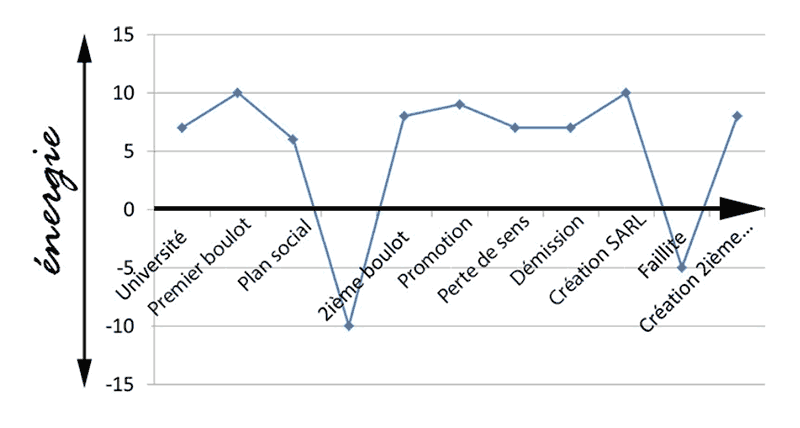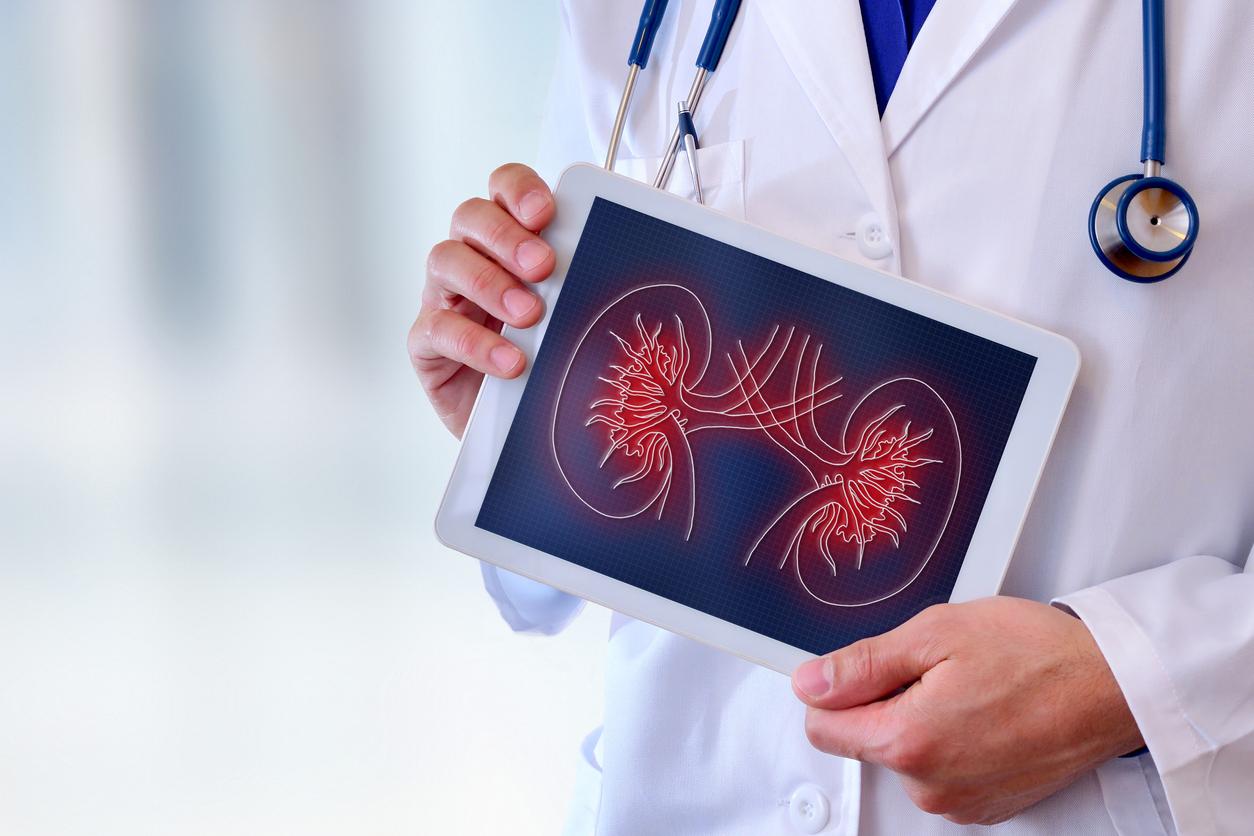Certain good habits and actions help support the production of hormones, essential for the proper functioning of the body.

- Hormones are chemical messengers produced by endocrine cells. They regulate and control different functions of our body.
- For the hormonal system to function properly, you must have a healthy lifestyle: physical exercise, balanced and varied diet, good sleep.
- Nearly 800 chemicals have proven or suspected endocrine disrupting properties. It is recommended to limit exposure to these products.
Growth, reproduction, sleep, energy, digestion, mood, sexuality… hormones, chemical messengers produced by endocrine cells, regulate and control different functions of our body. This is a well-oiled piece of machinery, which too high or too low a rate of some of it can quickly derail.
The French Society of Endocrinology (SFE) benefits from the third edition of the European Hormone Daywhich is being held this April 24, to recall the importance of these natural chemical substances for health and shares ten recommendations to support the endocrine system.
Hormones: adopt a healthy lifestyle
There’s no real secret, good hormonal health requires a healthy lifestyle. The first advice from the SFE is therefore to move. “Physical activity is essential for hormonal balance. Exercising 1.5 to 2.5 hours per week helps the body produce hormones”, explains the organization. This allows, among other things, to boost the production of endorphin (nicknamed the happiness hormone), dopamine (pleasure hormone) or even adrenaline (stress hormone which gives a “boost” to the body) .
“Try to get at least seven hours of uninterrupted sleep, at the same time every night.”, also recommends the SFE. Hormones like melanin and adenosine or serotonin play an essential role in sleep. But the latter also promotes the secretion of several essential substances such as growth hormone, testosterone or prolactin.
The other point on which you must be vigilant is diet. Having a varied and balanced diet is one of the keys to ensuring the proper functioning of the hormonal system. The scientific society recommends favoring fresh fruits and vegetables as well as whole grains and above all avoiding processed foods, rich in fat, sugar and additives, as much as possible.
Hormones: 3 tips to avoid hormonal deficits
Certain nutrients, provided by food, participate in and support the production of hormones. It is recommended to have a sufficient intake of vitamin D by eating, for example, fatty fish, egg yolk, dark chocolate, certain mushrooms, such as chanterelles, porcini mushrooms and morels.
“Consider taking vitamin D supplements, such as cod liver oil, during the fall and winter months when sun exposure is low.”
The SFE also advises stocking up on foods rich in:
- Iodine: seafood, seaweed, dairy products…
- Calcium: yogurts, almonds, beans, dark leafy green vegetables…
Endocrine disruptors: 3 tips to reduce exposure
According to the World Health Organization, an endocrine disruptor is a substance or mixture of products that alters the functions of the endocrine system. Which can lead to harmful effects for the body, or even that of children.
According to the WHO-UNEP 2012 report, there are nearly 800 chemical substances with proven or suspected endocrine disrupting properties. To minimize exposure, you must:
- Avoid plastic packaging: “use glass or stainless steel containers instead of plastic containers and bottles. Drink tap water rather than bottled water. And never microwave plastic.”
- Improve air quality: it is advisable to ventilate the house every day by opening the windows for at least 30 minutes, to vacuum and dust regularly to reduce the presence of dust particles.
- Choosing the right household and cosmetic products: “Skincare products and cosmetics can have a disruptive effect on the endocrine system. Check the ingredients and try to avoid purchasing cosmetic products that contain endocrine disruptors such as phthalates, parabens and triclosan.”
Endocrine disease: watch out for the signs
To prevent endocrine disorders from setting in or getting worse, it is essential to consult a doctor when these symptoms occur:
- unexplained weight gain/loss;
- sensitivity to cold;
- change in appetite;
- brittle hair and nails;
- fatigue ;
- dry, scaly skin;
- onset of depression;
- excessive thirst;
- in children: signs of early or late puberty (beyond 8-13 years for girls and 9-14 years for boys);
- in adults: loss of libido, irregular menstrual cycles, infertility.

















